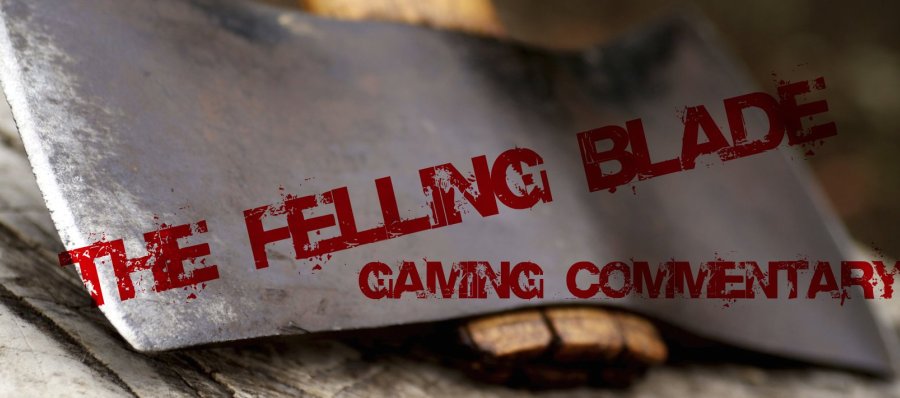A friend of mine was posting about the
sweet spot of rules for him, a subject on which he and I can disagree all day long as we have some fundamental disagreements, but something he brought up was the tick based initiative from Scion (and 2nd Edition Exalted).
The idea is fairly simple. Instead of combat being broken into rounds, there is only combat. Every action in that round takes a certain amount of time, and you just keep actions. Someone might take three quick actions to your slow two actions, or something might take an amazingly quick action.
Which got me to pondering all the various types of ways to determine who goes when, and what I liked from them.
The simplest is just some version of "Initiative, everyone goes at the same time" chaotic and silly, and gets into trouble when people start trying to interrupt each other. Plus the tactical decisions that this choice brings just does not interest me.
Next simplest is going in order of an attribute or skill. Reign used this one using a "Sense" attribute, or Fate with Alertness. Not one I'm a fan of, but it is simple.
Next up is roll a die, add a modifier. One of the most traditional, it is simple, fast, and effective. Can be incredibly "swingy" from one round to the next (if rolled every round) or one combat to the next (if rolled once per combat) if the die roll is significant larger than the modifier. Only question is whether you go for the simpler version of rolling once per combat or once per round.
One neat system is probably the one introduced to me by 7th Sea. Roll a number of d10 equal to an attribute. Each die tells you which segment (of 10 per round) you go on. Roll 1, 2, 3 you'll go on the 1st, 2nd, and third segments. Roll 1, 7, 12, well those are the segments you'll go on. I liked the back and forth and flurry of actions - it seemed to suit the swashbuckling mood well.
Marvel Heroic Roleplaying has an interesting system: "Choose." Players decide which person goes first for whatever reason (tactical advantage, narrative truth, what have you) and then that person who chooses who goes next - this includes the opposition, so you don't want to leave them towards the end of the round else they'll all go, and then go immediately again the next round for a double whammy. Neat, but very system/setting specific.
Finally, the tick method, where each action has a cost till the next time you go. Some actions are fast, and other actions are slower. I've heard that Feng Shui uses this, by giving a number of beads/counters and each "tick" you remove a bead till you act, and then gain a new number of beads.
So what do I like?
In my heart of hearts, I like the tick based method, for how it emphasizes timing as the critical tactical decision versus location or other decisions. The problem is that it is very hard to balance "right", frequently it becomes a race to the fastest action as quickly as you can, and you need to find a way to put a hard floor in how fast an action can happen. If all actions, generally, run between 3 and 6 ticks, then you are fine; however, if can get people down to 1 or maybe 2 ticks the balance issues change significantly.
Plus, I haven't seen an implementation that a wide variety of people understand easily. And really, that's my goals for rules nowadays, easy, straightforward rules systems that folks get.
Which is why I keep coming back to 7th Sea's implementation. It allows for multiple actions. It is simple and kinetic (and I do like kinetics in my dice, where every die means
something even if it is just a lot of potential you can feel in your hands) and it is easy to keep track of, if dice intensive. Savage Worlds/Deadlands usage of cards is similar, where the players are dealt a number of cards, and go in order from highest card to lowest card, but I find that a touch less elegant as it requires another item to track, and the actions are a bit random due to the die mechanics, at least in Deadlands, first you roll dice, then you figure out how many cards you get. Far more complicated than "Roll x dice, go on those moments", though, the latter doesn't allow for someone to suddenly get a burst of speed, at least not natively in the rule's set at least.
